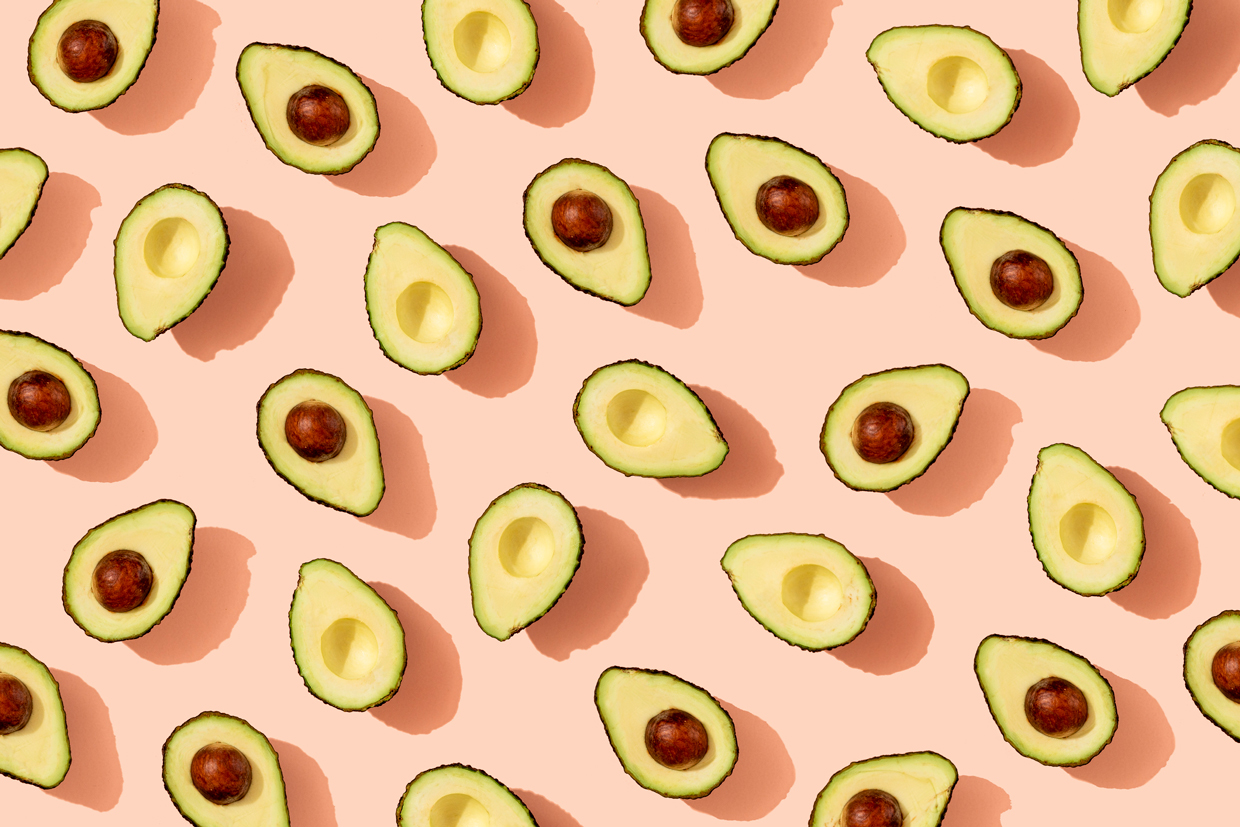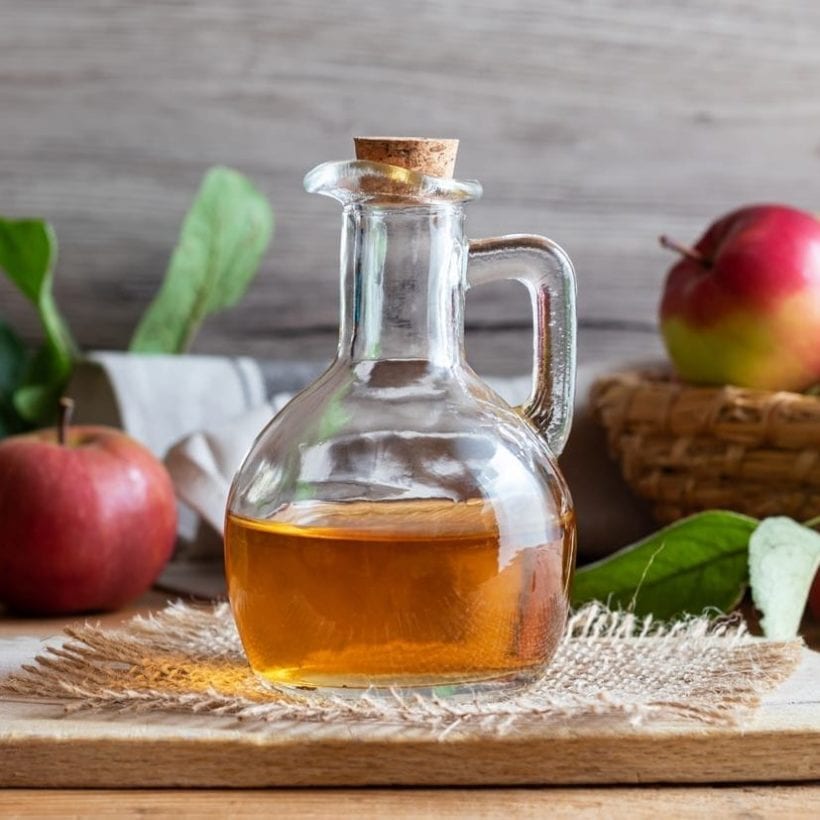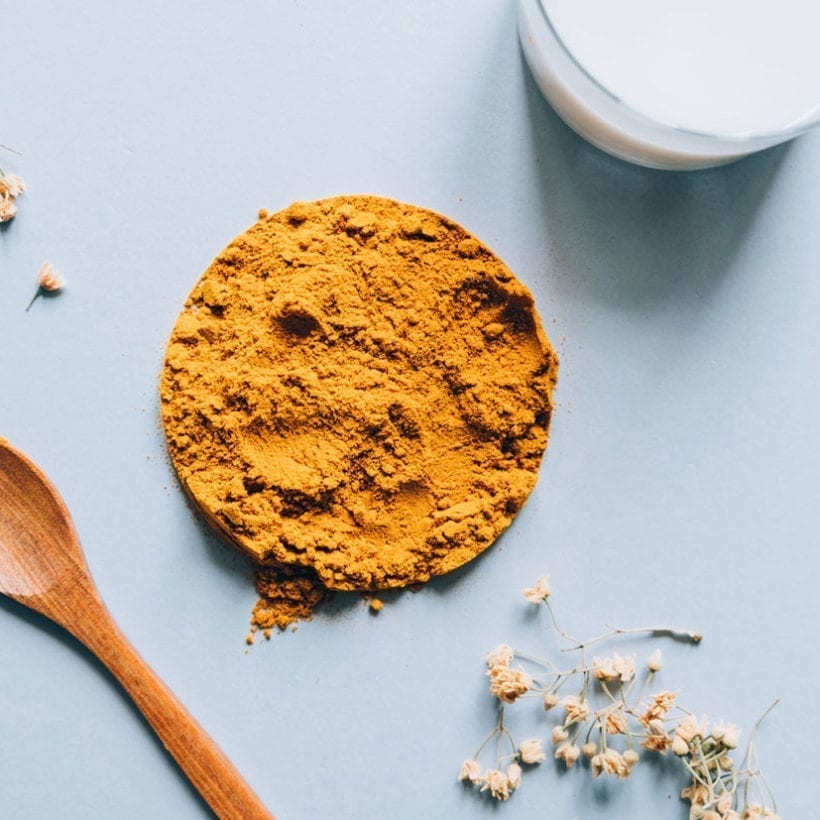Americans are expected to consume nearly 50 million pounds of avocado a week this year. With coverage relating to shortages — followed by a country-wide panic — to avocado toast and its own holiday (July 31), it is clear that the fruit has become quite the object of obsession.
In fact, a search of #avocado on Instagram (conceivably the fruit’s biggest marketing platform) has almost nine million tags. While we could find a correlation to Antoni’s love of avocados (how many people are currently making an avocado and grapefruit salad?), it all comes down to the fact that the fruit is simply good — and good for you. But perhaps its biggest role yet is in our skincare products. “Skincare has been taking a trend towards going more ‘natural’ and more ‘green.’ Avocado hits both those criteria,” says ASDS Cosmetic Dermatologic Surgery Fellow Amanda Suggs, M.D.
Avocado is a superfood, containing around 20 essential vitamins and nutrients, some of which include vitamins A, D and E. “Avocado contains antioxidants, vitamins and minerals,” says Suggs. And hydration may be one of the avocado’s key skincare benefits. Directly applying the ingredient (in oil form) is a sure way to make your skin glow-worthy. “[The] essential fatty acids in avocado help restore moisture to the skin,” says Suggs. “This is very beneficial for dry skin, which, is extremely common this time of year.”
New York-based dermatologist Heidi Waldorf, M.D., is not convinced. “It contains fatty acids but it doesn’t do more than other ingredients and frankly there are others that help more with hydration,” she says. “It also contains antioxidants but just containing antioxidants doesn’t mean they are in a form that can get into the skin,” Waldorf adds.

The food, so popular among millennials, also may work to restore collagen. “Avocado does contain vitamin C which is a key component in collagen production,” says Suggs. Collagen production begins to slow in your mid-20s, and continues to decline over the years. A 2013 study shows that when applied, avocado oil decreases inflammation and increases collagen production. “Avocado oil has been shown to increase the synthesis of collagen. Research has shown that wounds treated with avocado have more hydroxyproline, an integral component of collagen,” says Suggs.
But can it help acne? Well, it might be simpler than you think. “Eating avocado can also be beneficial as it has a low glycemic index. It is already known that high glycemic index foods may worsen acne. Thus, a low glycemic index diet is recommended in susceptible acne individuals,” says Suggs.
As for fine lines, it is clear the topic has not been studied enough. “Although more research is needed on this topic, avocado may, theoretically, help prevent fine lines and wrinkles,” says Suggs. Waldorf believes there is not enough research on the ingredient as a whole. “People have always talked about using avocado straight from the market in skincare. However, there is no scientific data confirming its results,” Waldorf adds.
Deciding whether or not to incorporate it into your routine? Like many things, it could just take trial and error to see if it works for you. “Don’t have a New Year’s Resolution yet? Make healthier skin part of your goals for 2019,” says Suggs. “Avocado is a great way to get your skin and overall health off to a great start for the New Year!”







